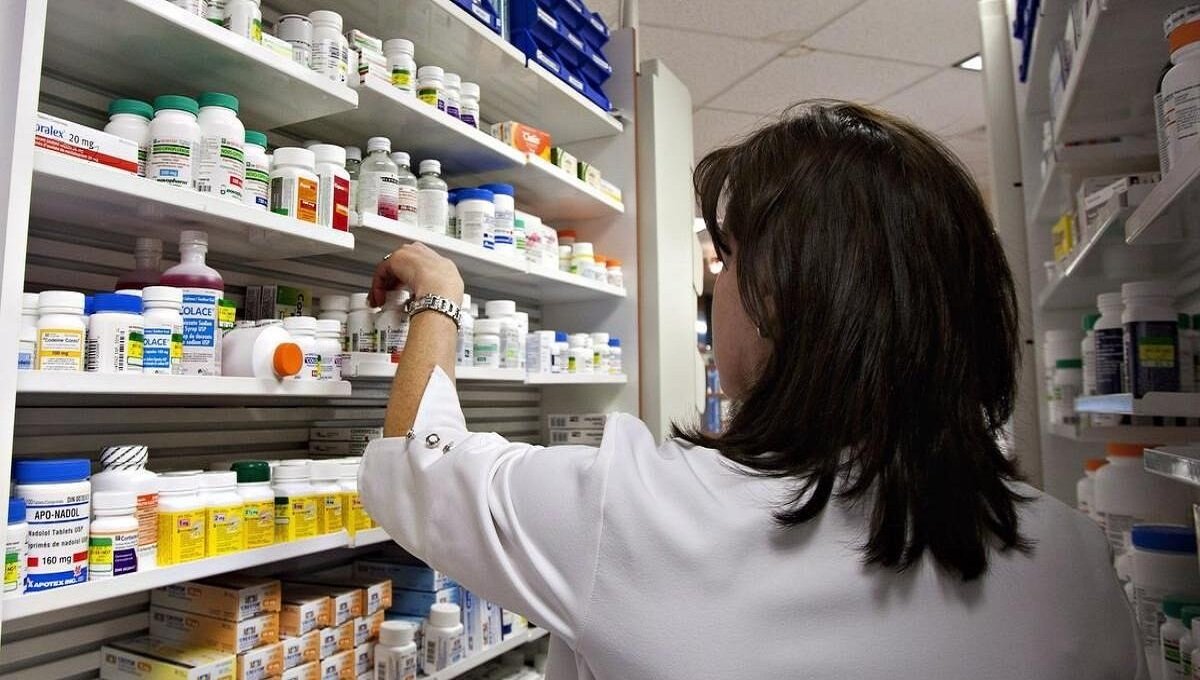Pharmacy services in remote districts restrict access to essential medicines, raising safety and regulatory concerns, according to the CCAA. A study reveals that high transportation costs, low demand, and difficulty recruiting certified pharmacists are the main challenges faced by wholesalers in rural Bhutanese dzongkhags, affecting the expansion of their operations. Wholesalers and retailers face challenges like limited supplier availability, high transportation costs, and hiring difficulties, but are willing to expand operations with fiscal incentives. A study in Bhutan found a shortage of certified pharmacists as the biggest barrier to pharmacy expansion, with low demand in rural areas, high rental costs, and inventory financing issues.
Policy measures include low-interest loans, tax holidays, and sponsorship programs. The study suggests testing e-pharmacy services to enable licensed urban pharmacies to deliver to rural areas via a regulated platform in order to increase reach. Citing effective instances in African nations, it also suggests investigating the use of drone technology for medication distribution. Pricing and distribution in the pharmaceutical industry are governed by the Bhutan Food and Drug Authority. According to the research, the structural obstacles preventing access to medication in rural areas of the nation cannot be addressed by regulatory oversight alone.

